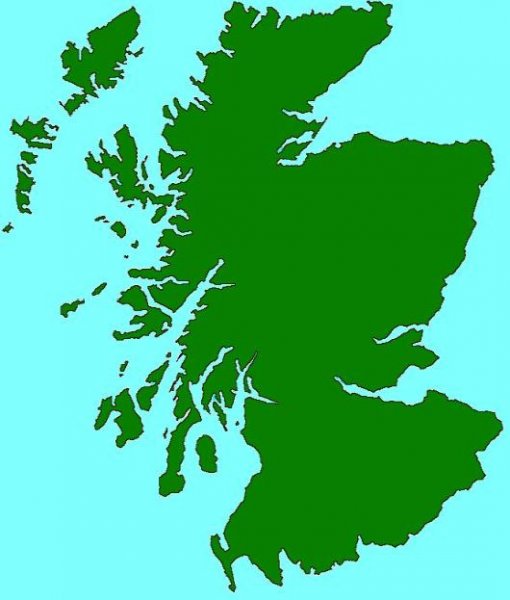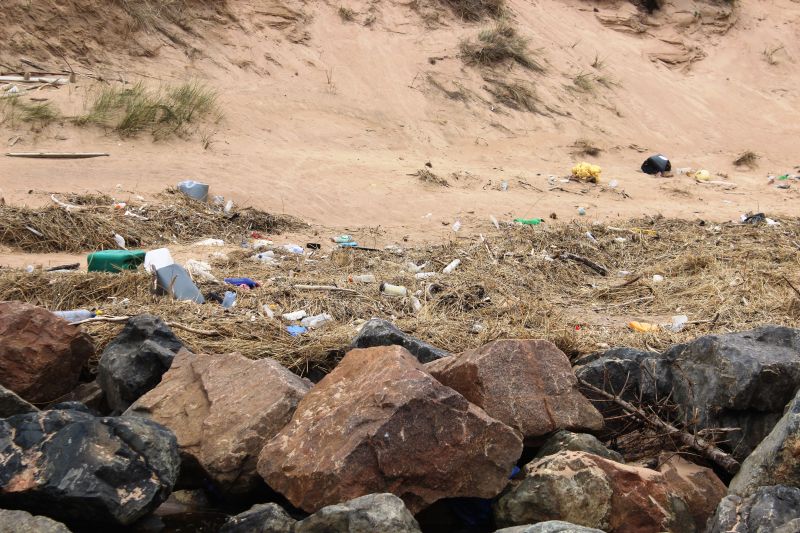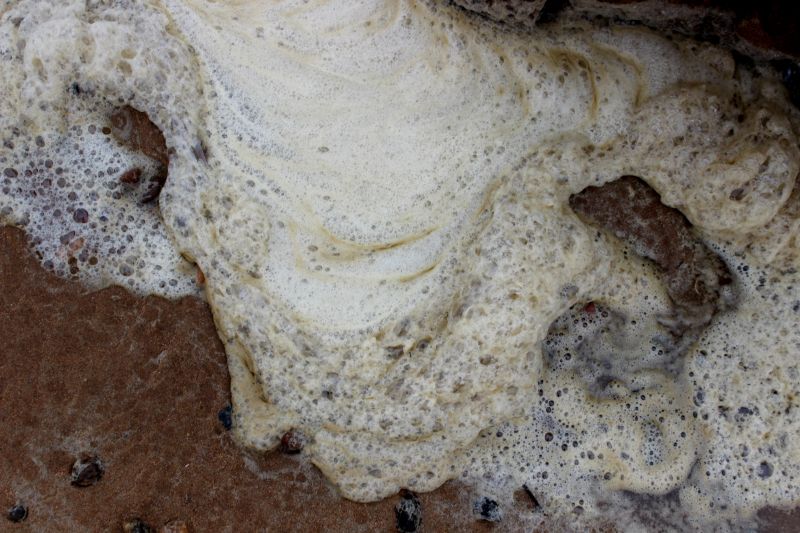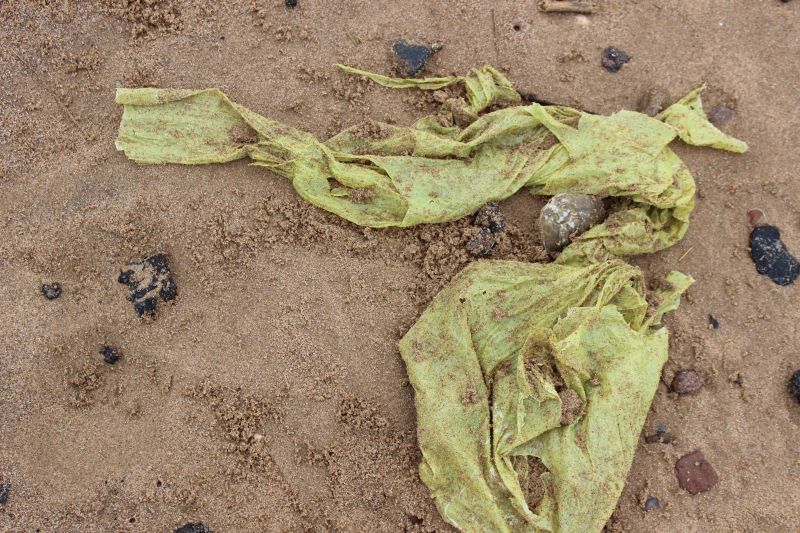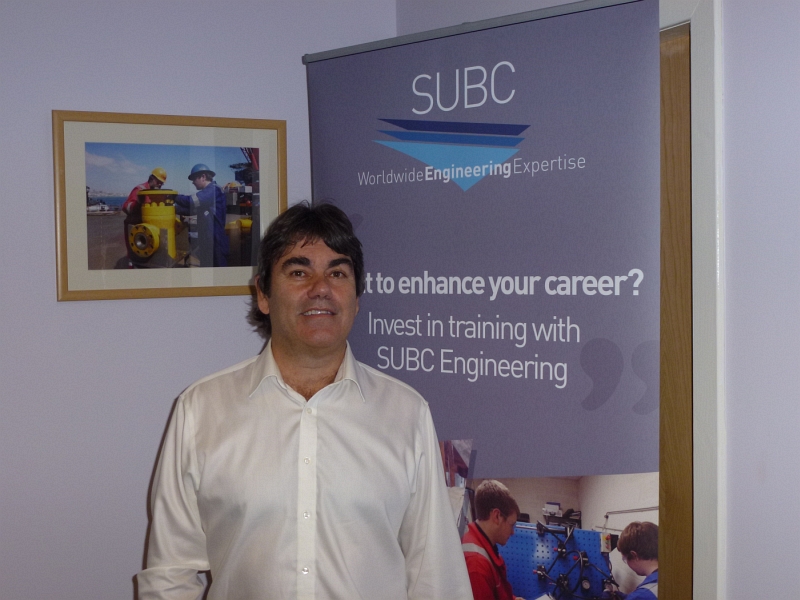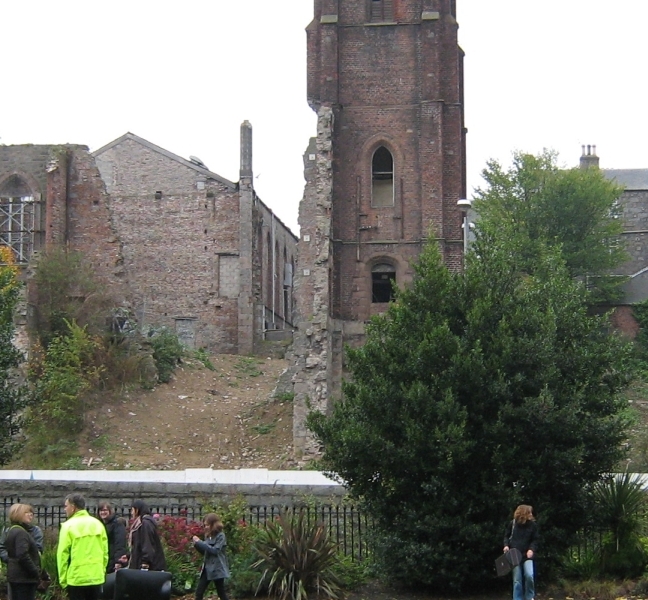In the conclusion to his two-part article, Jonathan Russell explores further the growing inequalities in wealth globally, in the UK and in Aberdeen

Both Oxfam and the Jimmy Reid Foundation have fuelled the debate about equality with their ideas around the Common Weal.
Whilst real consumption per head has doubled since 1978, unemployment benefit has remained fixed.
Peter Kenway, in a 2009 Joseph Rowntree Foundation report, posed the question, ‘Should adult benefit for unemployment benefit be raised?’ found that Jobseeker’s Allowance represents
- a fifth of the actual, average expenditure of single adults
- half of the actual average expenditure of single adults in the poorest households
Yet, at the same time, according to the Tax Justice Network, tax avoidance amounts to £69.9bn a year. Is this OK?
|
Minimum wage in the UK, per hour (2013)
|
|
21 and over
|
18 to 20
|
Under 18
|
Apprentice*
|
|
£6.31
|
£5.03
|
£3.72
|
£2.68
|
The minimum wage has failed to keep pace with inflation. It is particularly low for younger citizens and needs to be increased significantly. At their recent conferences both Labour and SNP have pledged to improve the minimum wage, but pressure needs to be exerted to give this more impetus.
At the same time, members of richer families can leave up to £325,000 in inheritance without paying tax. So, if your parents are rich you can do absolutely nothing and inherit a substantial sum of money. The internet is full of sites giving advice on avoiding tax and inheritance tax. Imagine the outcry there would be if there were sites giving advice on how to fiddle Jobseeker’s Allowance.
This is a hypocritical double standard. Nor does it make sense economically, as it is those who have least money who are likely to spend and help us move out of recession. We currently suffer from lack of investment in our economy whilst there is much unnecessary wealth.
Total household wealth in the UK increased by 55% in the past decade, to an average of £242,000, largely due to a significant rise in the value of property which has outpaced surging mortgage debt.
According to research by Lloyds TSB Private Banking, that is equivalent to £86,500 per household in the ten-year period, with the value of wealth growing faster than consumer prices or disposable income.
The financial crisis has shaved £6bn off our assets since 2007, yet collective household wealth in the UK was estimated to be £6.6 trillion at the end of 2011, up from £4.3 trillion in 2001.
Wealth has outstripped both inflation and disposable incomes, with the Retail Prices Index (RPI) up by 38% over the past ten years and gross household disposable income up by 44%.
 According to the Lloyds research, a decade of booming house prices, especially between 2001 and 2007, has added significant wealth to households.
According to the Lloyds research, a decade of booming house prices, especially between 2001 and 2007, has added significant wealth to households.
Property as a percentage of wealth has increased from 36% in 2001 to 40% in 2011. Over the decade, housing wealth has risen 73% and financial wealth is up 44%.
In the same period, the value of the nation’s private housing stock increased from £2.1 trillion to £3.9 trillion.
But as house values have grown, mortgage debts have risen significantly.
The total value of mortgage debt more than doubled from £591bn to £1.25 trillion, meaning that many households, though helped by low interest payments, are struggling or are failing to pay. Home ownership continues to be championed by the UK government. This is unrealistic and what we need is a wealth tax to allow us to build new social housing and help us move out of recession.
The £1.8 trillion increase in the value of housing outstrips the £655bn rise in mortgage debt almost threefold.
The data show that rises in both average house prices, and the number of privately-owned homes, from 20.1m in 2001 to 22.4m in 2011, was behind the surge in the value of housing.
Suren Thiru, Lloyds TSB Private Banking economist, said:
“The substantial growth in household wealth over the past decade is partly the result of the increase in the value of housing stock between 2001 and 2007.
‘Whilst financial assets have played their part, the value of housing stock grew at a significantly faster rate. Rising house wealth has benefited those who own their own homes and those who rent out properties in the private sector.”
However, those at the bottom of the housing market have had to pay dearly.
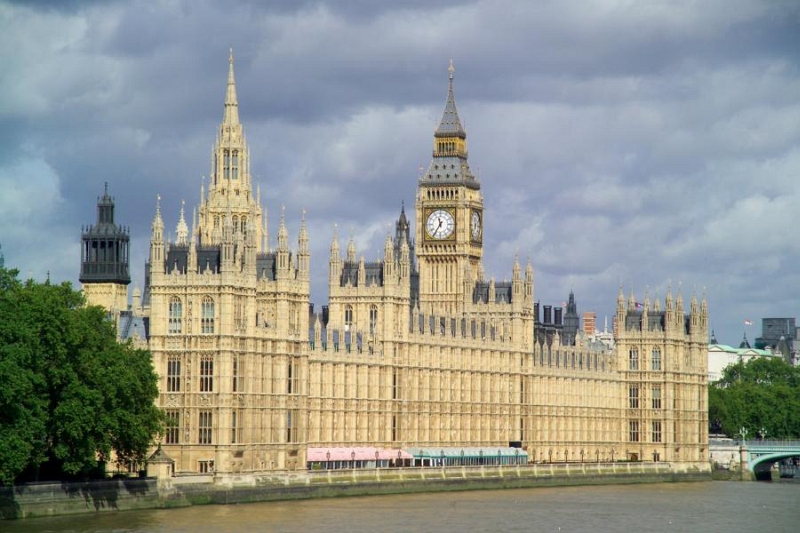
The majority of household wealth continues to be held as financial, rather than housing, assets.
The total value of financial assets, such as savings, pensions and company shares, held by households has increased to £4.1trillion in 2011 from £2.9trillion in 2001.
The research found that there has been a £718bn rise in equity held by households in life assurance and pension fund reserves.
There has also been a boom in savings, with an increase of £549bn held in deposits with financial institutions and National Savings.
There was a relatively modest boost from stock market performance with the FTSE All Share Index increasing by 13% in the decade to 2011.
Despite the downturn in the economy since 2007, household wealth has declined by just £6bn, mainly down to lower house prices. These are now beginning to rise but this is worrying, since if price houses are high, the debt accrued in paying off new mortgages increases. Rather than building more social housing, the UK government is offering money to help get buyers on to the property ladder.
This is merely repeating the problems of the past in encouraging increased debt, leading to even more people defaulting on mortgage payments, particularly if interest rates increase.
The distribution of wealth in the UK between the haves and the have-nots beggars belief. Yet when it comes to paying the reckoning following a period of greed, from which the top 10% benefited in particular, it is the un-rich, low-waged, property-less, younger people who have suffered most.
Aberdeen for many is cushioned by Oil and Gas but, for the low-waged in service industries, paying high rents or for unemployed or disabled people, life is a struggle.
We have seen the opening of Aberdeen’s first food bank.
Services have been cut for the most vulnerable in our city, yet many people’s riches are far in excess of their needs.
It is time to end the something for nothing culture and start redistributing wealth between rich and poor, and for investment for future generations.
http://www.bbc.co.uk/democracylive/scotland-23962969
http://www.youtube.com/watch?v=4d5FZU64Bnw
Cash machine and paliament photos by Ian Britton via Freefoto.com
- Comments enabled – see comments box below. Note, all comments will be moderated.
 An engineer who has played a pivotal role in delivering a major North Sea project for Ramboll Oil & Gas has been recognised as one of the top young engineering talents in Europe. Francesca Del Din won second place in the Young Professional of the Year awards run by the EFCA (European Federation of Engineering Consultancy Associations).
An engineer who has played a pivotal role in delivering a major North Sea project for Ramboll Oil & Gas has been recognised as one of the top young engineering talents in Europe. Francesca Del Din won second place in the Young Professional of the Year awards run by the EFCA (European Federation of Engineering Consultancy Associations).
